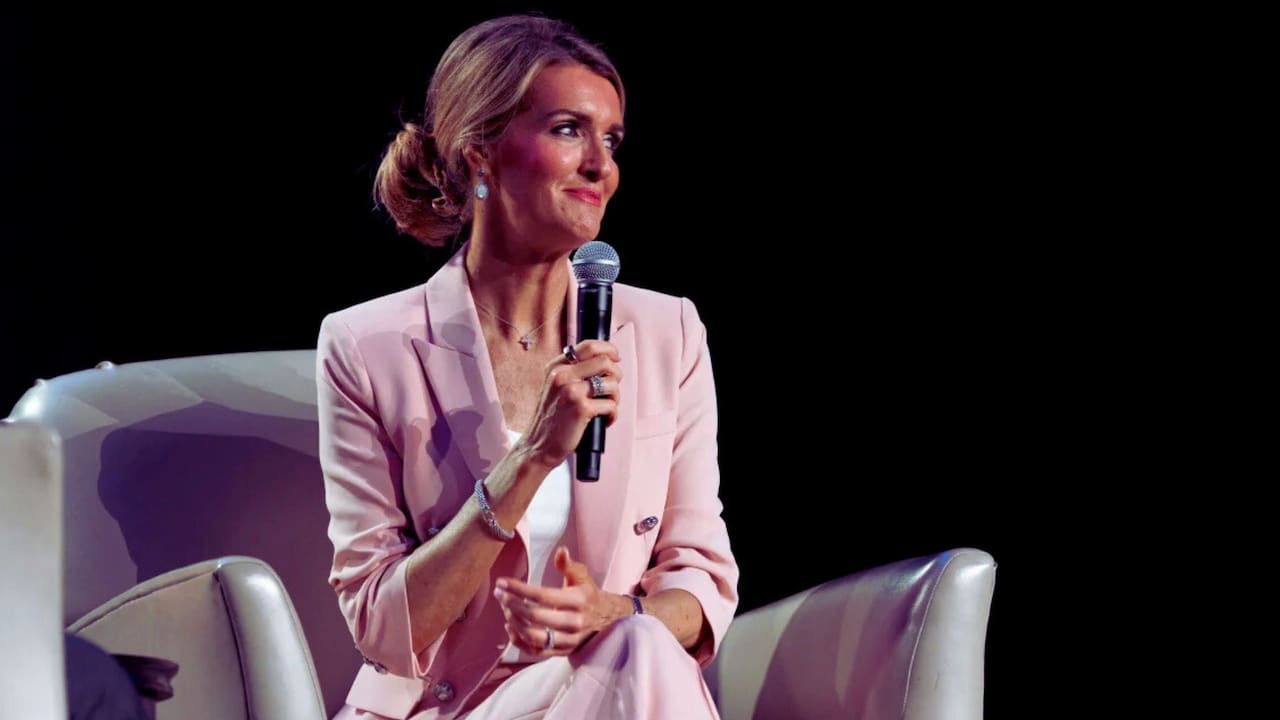Trump’s Agricultural Pick Raises Questions: Power, Politics, and Farm Connections
In a significant development from Mar-a-Lago, Donald Trump is poised to nominate Kelly Loeffler as Secretary of Agriculture, marking another notable addition to his developing cabinet. While rooted in agricultural connections, this appointment weaves a complex narrative of political allegiance, wealth, and potential conflicts of interest.
Loeffler’s journey from farm girl to potential Agriculture Secretary reflects a remarkable trajectory in American politics. Growing up on an Illinois family farm that dates back to the early 1900s, she emerged as one of the wealthiest members of Congress during her brief senatorial tenure.
Her agricultural background, which she frequently highlights, appears to align with the role’s requirements. “I grew up on a farm, and I’m still actively involved in agriculture,” Loeffler recently stated on the Politically Georgia podcast, emphasizing her advocacy for rural America.
However, beneath this seemingly straightforward appointment lies a web of exciting connections. The Loeffler family’s farming interests have benefited substantially from federal support, receiving over $4.1 million in farm subsidies between 1995 and 2023.
According to the Environmental Working Group’s analysis, this includes significant payments to her parents, brother, sister-in-law, and nephew.
The financial aspects of this appointment become more intriguing when considering Loeffler’s recent political activities. She has emerged as one of Trump’s top billionaire donors, contributing more than $4.9 million to his 2024 campaign. Her appointment as co-chair of Trump’s inauguration committee further cements her position within his inner circle.
The business connections add another layer of complexity. Loeffler’s husband, Jeffrey Sprecher, CEO of Intercontinental Exchange and former chairman of the New York Stock Exchange, brings additional financial ties through their connection to Bakkt, a cryptocurrency trading firm reportedly involved in dealings with Trump’s social media venture.
Loeffler’s political history with Trump has seen its ups and downs. Despite being appointed to the Senate by Georgia Governor Brian Kemp against Trump’s wishes, she became a loyal ally. Her stance on the 2020 election results initially aligned with Trump’s position, though she ultimately voted to certify the results following the January 6 Capitol events.
The Department of Agriculture’s role carries significant weight, particularly as Robert F. Kennedy Jr., Trump’s pick for Health and Human Services, has indicated plans to influence agricultural policy. This intersection of health and agriculture policy could significantly shift federal oversight of farming practices.
This appointment raises essential questions about the intersection of wealth, political loyalty, and public service. While Loeffler’s farming background provides relevant experience, her financial interests and political connections warrant careful consideration.
If confirmed, the appointment would put someone with direct family ties to farming subsidies in charge of the department that oversees their distribution.
As Trump prepares to meet with Loeffler at Mar-a-Lago, observers note that this appointment would continue his pattern of selecting wealthy allies for critical positions. Under such leadership, the agricultural sector, which affects everything from food security to rural development, stands to see significant policy shifts.
This developing story highlights the complex interplay between political appointments, personal wealth, and policy implementation in American governance. As with many of Trump’s cabinet selections, the ultimate impact of this choice will likely extend far beyond the immediate agricultural sphere.
